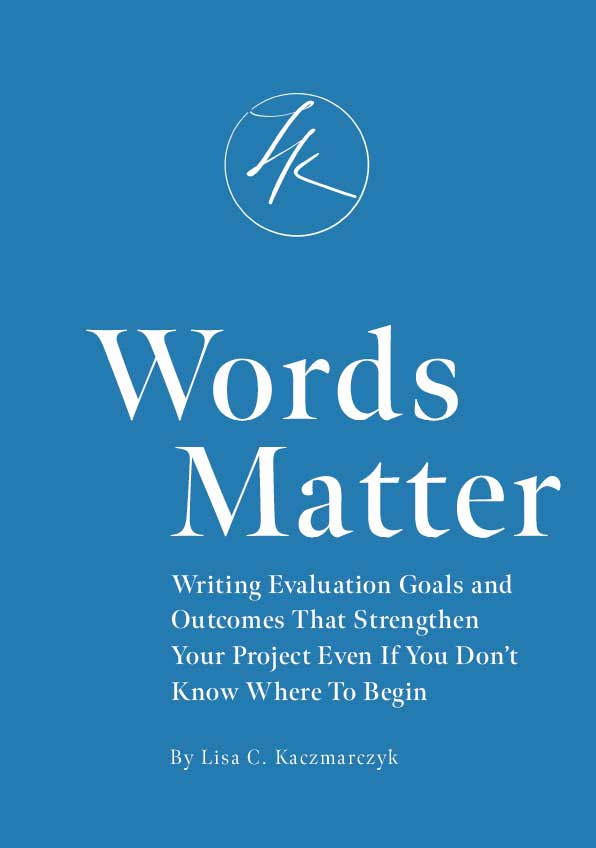FAQs
Let us help you develop a competitive evaluation plan.
Start by checking out the answers to these questions that people often ask. Then, there is a little form on the right that you can use to contact us.
We are developing a project proposal to submit to an external funding organization. Is it necessary to include an evaluation plan in the proposal?
Many funding entities explicitly require inclusion of an evaluation plan. Other funders use more nuanced language, yet make it clear they expect a competitive proposal to explain how the program will be “successful” or “demonstrate impact”. Some funders provide only a very general description of what they want in a submission, and leave it up to the project team to try and psych out how to effectively pitch their idea.
Competition for program funding can be intense. Your proposal needs to stand out from the crowd. A great idea is often not enough, as funders receive innovative proposals from many experienced project teams. Program proposals that include a detailed and well thought out evaluation plan automatically have a leg up over proposals that do not.
Can't we just tell the funder that we will develop an evaluation plan after we are funded?
These days, few private or public funding entities are willing to distribute funds without a high level of confidence in a successful outcome. This includes funding for pilot programs and exploratory research. A highly effective way to engender confidence in you and your project is to integrate an evaluation plan into your overall strategic plan development.
Our program is already running. Is it too late for us to develop an evaluation plan?
It is never too late to conduct an evaluation. Perhaps your program has been running for years and now you want to expand or diversify. Maybe you have been asked for the first time to provide an unbiased report on how effective your program is. The results of an evaluation can provide data as you prepare to apply for new or continued funding. These are just some of the many ways an existing program can benefit from an independent evaluation.
What is the role of an external, independent evaluator?
According to the The Program Evaluation Standards: A Guide for Evaluators and Evaluation Users *,
“program evaluations help stakeholders answer specific questions or make decisions about specific programs and their components. Evaluators use their professional skills to investigate such things as a program’s development, processes, theory, viability, outcomes, and impact. They use their skills in the service of stakeholders’ needs and to investigate questions of value to specific stakeholders”.
The exact activities that your evaluator will conduct depend upon what will be most useful for you and your program. Surveys? Focus groups? Observations? Document analysis? Something else? Every program has unique needs, and no one (especially the evaluator!) wants to gather data no one cares about. A successful evaluation plan is worked out in partnership between project leadership and the evaluator. In all scenarios, you should expect your evaluator to provide you with honest, timely and useful information.
*Yarbrough, D.B., Shulha, L.M., Hopson, R.K., & Caruthers, F.A. (2011). The program evaluation standards: A guide for evaluators and evaluation users (3rd ed.). Thousand Oaks, CA: Sage.
We need an evaluator and evaluation plan. Where do we start?
Great! Contact us using the form to the right and we will set up a complementary phone or video conference call to discuss your project’s needs.
Meticulous; critical thinker; reliable; professional; responsible and challenging in a good way – what I mean by this last attribute is that you push me and the NRT project to stretch and improve. For example, I think of when you were helping me go through drafts of the ASU NRT Logic Model in Summer 2019. With each successive draft, I thought we were done, but you pushed me to continue to think carefully and critically about the logic model, and ways to make it clearer, more accurate, and more comprehensive. Thus, the Logic Model and the project became better, and I appreciate you holding me accountable to improving the program
